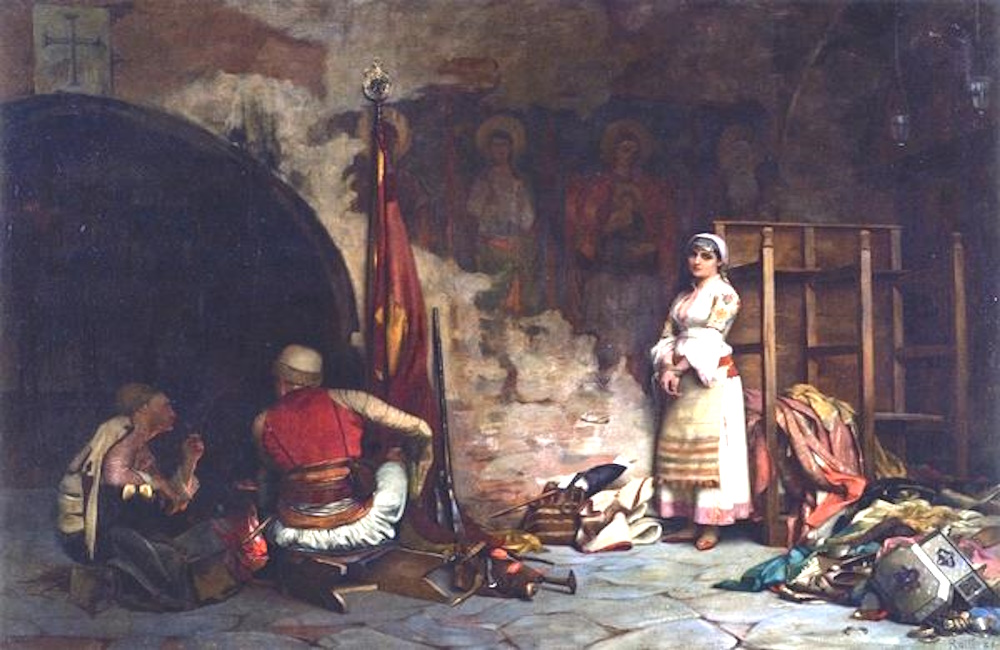In comparing the practices of different prophetic figures, a notable contrast emerges between Prophet Muhammad and the Jewish prophets, such as Moses, in how they handled the spoils of war. This difference highlights distinct approaches to prophetic authority and the execution of divine commands.
The Biblical Approach to War Booty
In Jewish tradition, the instructions regarding the treatment of war spoils varied based on specific situations and divine commands. For example, in some instances, such as the battle of Jericho (as described in the Book of Joshua), the Israelites were commanded by God to destroy all the plunder and not keep anything for themselves. This directive was meant to show complete devotion to God and prevent the Israelites from being tempted by material wealth or idolatry. In this instance, when a man named Achan disobeyed and hid some of the plunder, it led to divine punishment, including military defeats, until Achan and his family were found and punished. This strict adherence to God’s commands demonstrates the seriousness with which these directives were followed.
However, there were also situations where the Israelites were permitted to take and distribute plunder, but only according to specific instructions from God. The key principle was that the Israelites were to follow God’s orders precisely, whether they were commanded to destroy the plunder or distribute it among the people.
Muhammad’s Share of Spoils Explained
In contrast, the practices during Muhammad’s time reflect a different approach to the distribution of war booty. According to Islamic tradition, as detailed in the Quran and Hadith, the spoils of war were divided into specific shares after battles. Typically, 20 percent of the plunder was allocated to the Prophet Muhammad and the state, while the remaining 80 percent was distributed among the warriors. This practice was formalized after the Battle of Badr in 624 CE and was guided by Quranic revelations, such as in Surah Al-Anfal (8:41), which specified the distribution of war booty.
Conclusion
These contrasting practices regarding the handling of spoils of war raise significant questions about the nature of Muhammad’s prophethood and whether his actions align with the traditions of other prophets who are believed to have acted solely on divine instruction. Jewish prophets, such as Moses, are depicted as following God’s commands with strict adherence, without any personal gain or benefit. Moses did not take part in distributing the spoils; he merely conveyed God’s directives, emphasizing complete obedience and devotion. On the other hand, Muhammad’s practice of retaining a portion of the spoils for himself and the state has led to question whether his actions truly reflect those of a prophet who solely follows God’s will. This contrast raises doubts about whether Muhammad was acting under divine guidance or was instead implementing policies that served his community’s and his interests, thus casting uncertainty on the authenticity of his prophethood compared to those who came before him.
